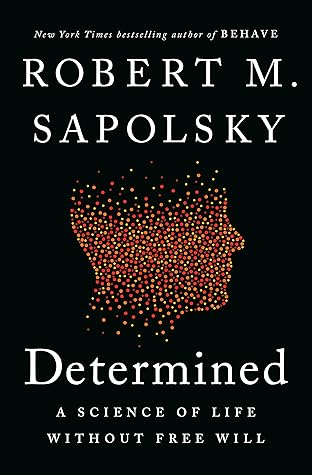A great demonstration of this is the fact that if someone has the disease, their identical twin, who shares all their genes, has a 50 percent chance of having it as well (versus the usual 1–2 percent risk in the general population). The genetics of schizophrenia, however, are not about a single gene that has gone awry (as compared with classic single-gene disorders such as cystic fibrosis, Huntington’s disease, or sickle cell anemia). Instead, it arises from an unlucky combination of the variants of an array of genes, many of which are related to neurotransmission and brain development.[*]
...more
Welcome back. Just a moment while we sign you in to your Goodreads account.


